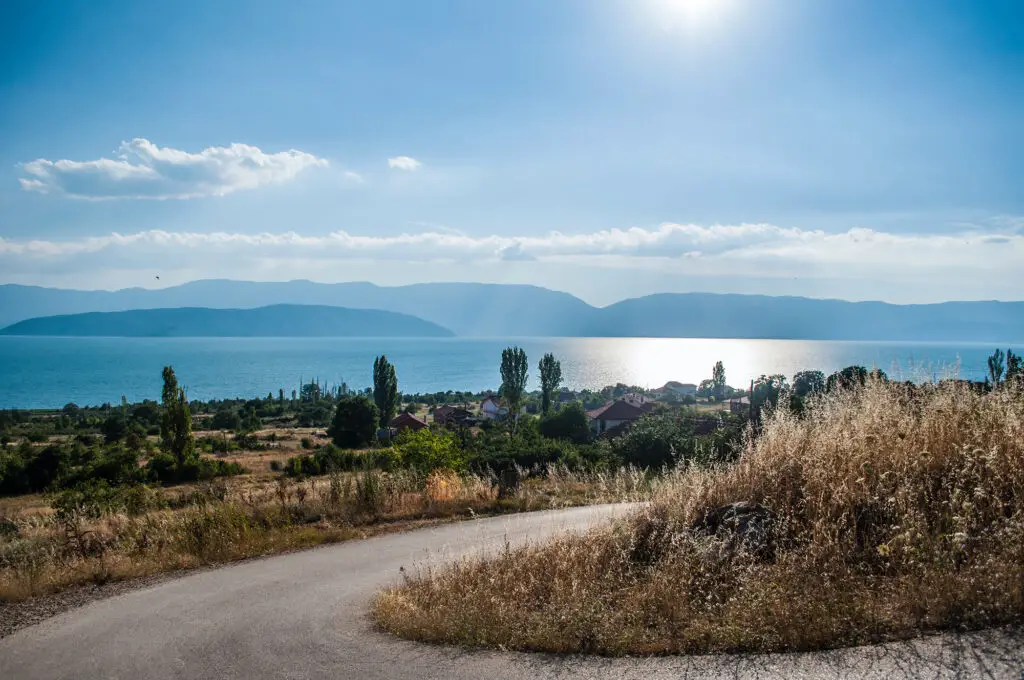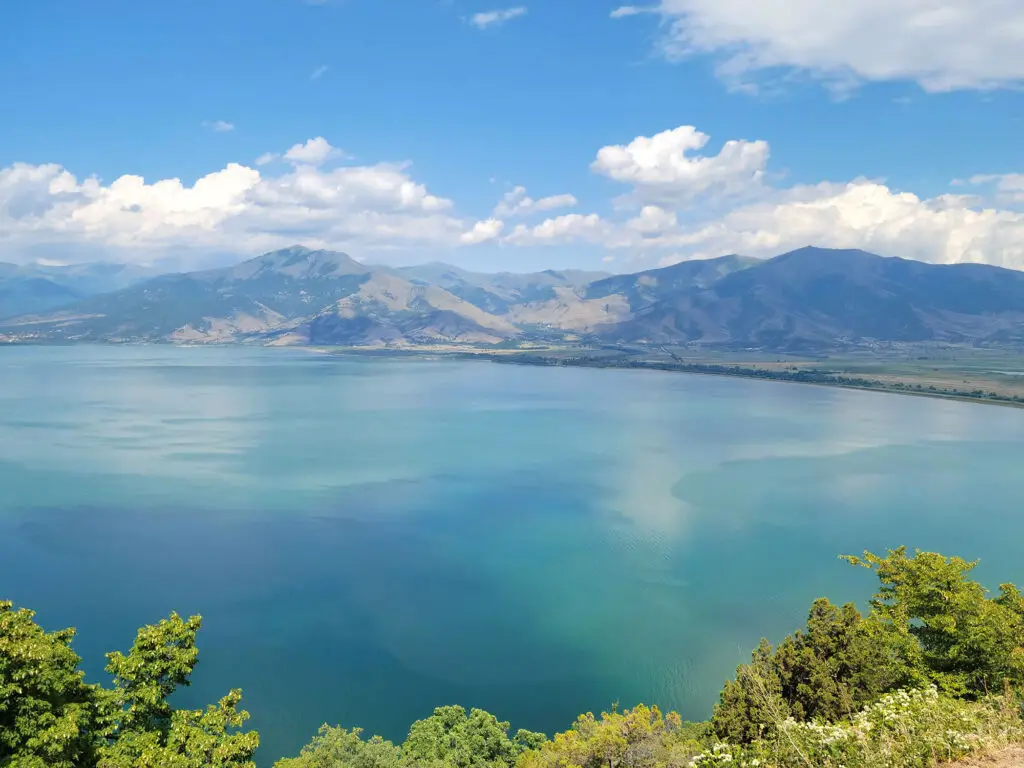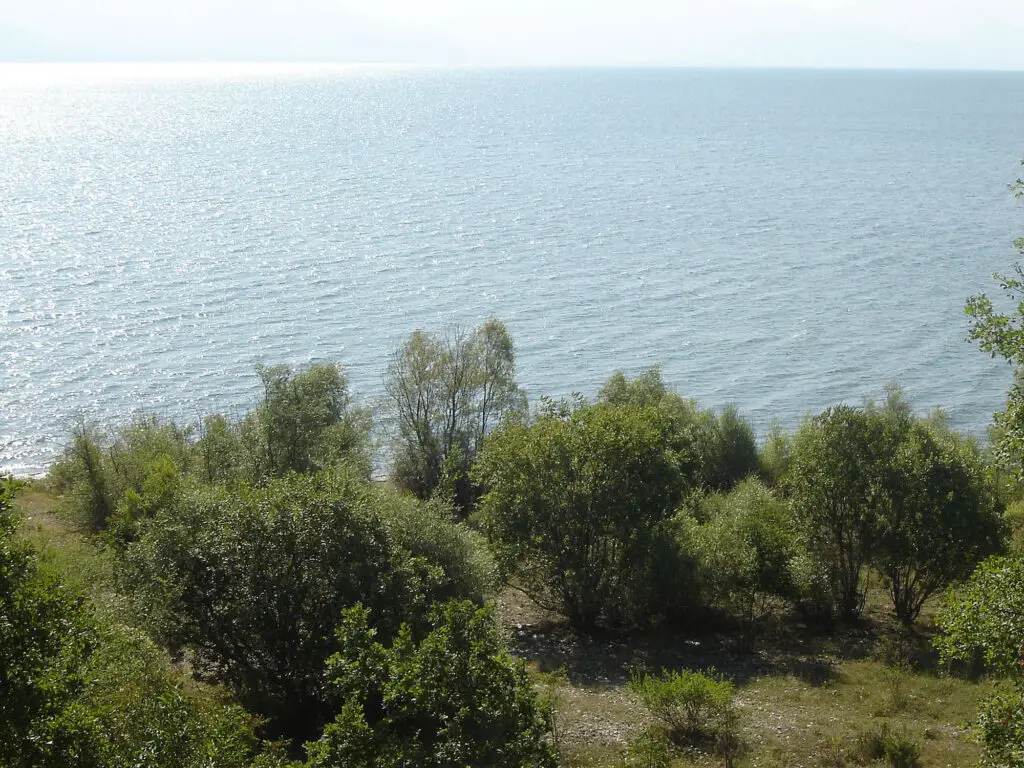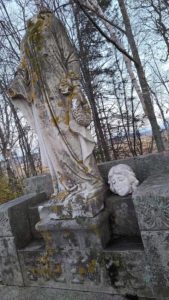A prehistoric lake dating back to up to five million years ago has been shrinking at an alarming rate according to recent reports.

One of Europe’s oldest freshwater ecosystems, Lake Prespa – shared between North Macedonia, Albania, and Greece – has been significantly declining due to climate change, unchecked pumping and pollution.
A recent report released by NASA claimed that the lake, which provides home to more than 2,000 animals and plants, has lost seven percent of its area in less than 40 years.
It has additionally lost half of its volume between 1984 and 2020, said the space agency.
This – according to local rangers in North Macedonia who monitor and protect the area – is due to decreased rainfall and snowfall prompted by the ongoing climate changes and rising temperatures.
One of them named Goran Stojanovski, 38, said: “In the past, a lot of snow used to fall and reach a height of one or one and a half meters, but in recent years, it has become almost non-existent.”
Professor at the Agricultural University of Tirana, in Albania, Spasi Shumka said: “The changes in lake levels are linked to climate change.

“Based on the location, the only solution lies in joint action.”
Shumka pointed to rising temperatures that increase water evaporation and lower the annual precipitation and water use in agriculture as crucial factors for the lake’s drying.
Biologist Zlatko Levkov from the University of Ss Cyril and Methodius in Skopje, North Macedonia, added that the lake’s pollution leads to algae growth.
Fearing that the process will most likely create dead zones, Levkov said: “The lake has been polluted intensively for decades.
“Simply put, the habitats of many species could be completely altered, their populations reduced, and they could become extinct.”
Further degradation of the lake could be devastating also for the neighbouring UNESCO protected Lake Ohrid which partly relies on the groundwater of Lake Prespa to maintain its levels, experts claimed.
Meanwhile, authorities launched several initiatives to improve the management of pesticides – widely used in apple orchards in the region – that directly affect the lake annually.

Farmer Frosina Georgievska, 56, said: “As we reduce our (pesticide) use, we get more economic benefits and improve environmental protection.”
Environmental activists called for a shift to organic farming along with investment in sustainable tourism to help the revival of the lake.
Local activist Marija Efitomvska, 42, said: “We want to keep Prespa’s authenticity, its beauty, while still being able to enjoy it.”



